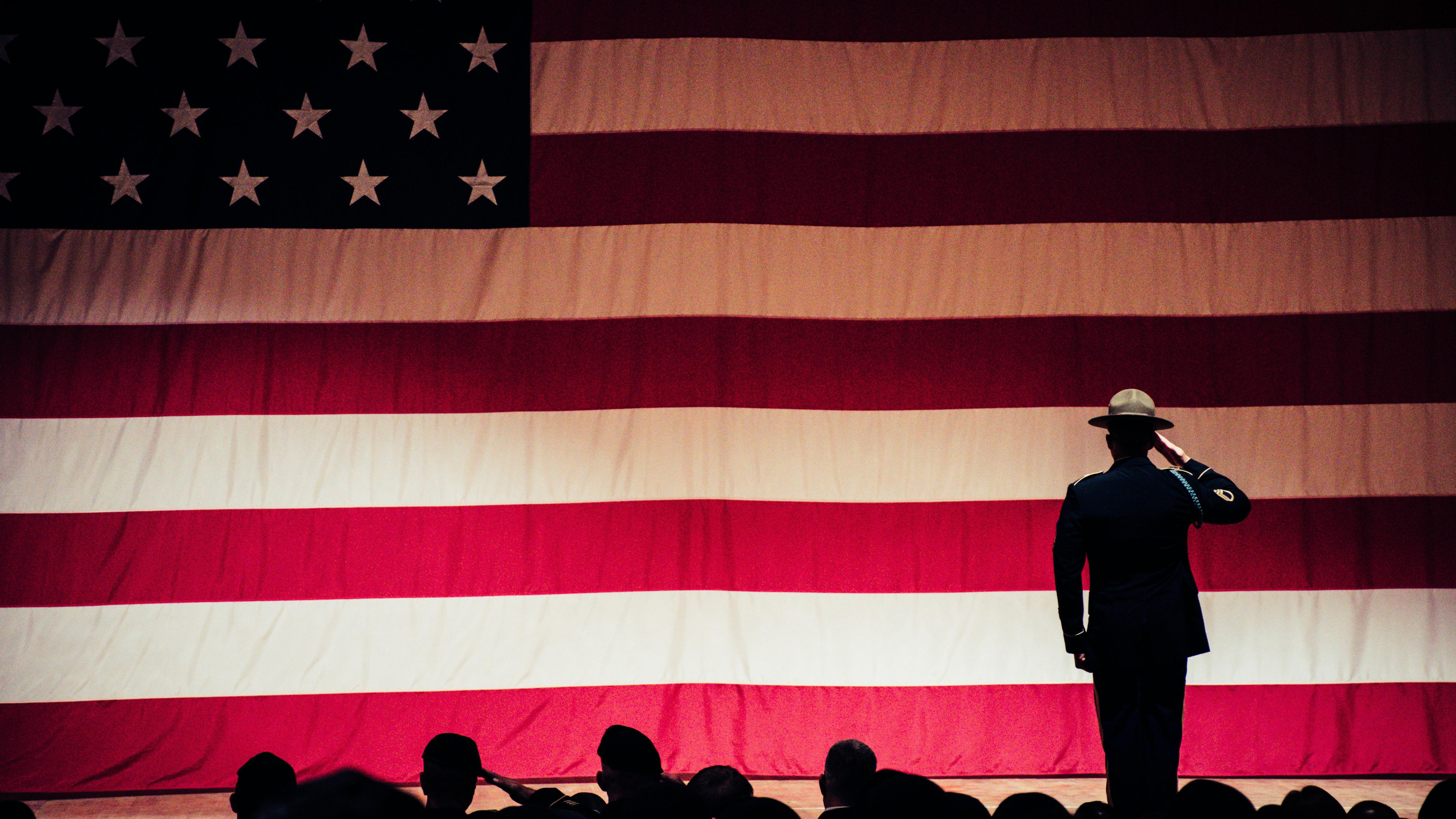
The Importance of Recognition in Military and Civilian Leadership
Creating a culture where leaders recognize individuals for their efforts is vital to any organization’s success, particularly in military contexts. Active duty service members and their families, as well as business leaders, can benefit from understanding how recognition not only builds morale but positively impacts overall performance. It is essential to recognize that while awards are often seen as the pinnacle of acknowledgment, they do not encapsulate the daily contributions that drive unit cohesion and effectiveness.
Beyond Medals: Understanding Recognition's Role
As Maj. Daniel J. Sprouse highlighted, recognition extends far beyond the traditional boundaries of awards and medals. It serves to foster an environment where service members feel valued for their ongoing commitment rather than just their standout moments. This perspective is mirrored in business settings, where leaders must engage their teams continuously rather than solely during formal evaluations. In both realms, timely and specific feedback activates the culture of recognition, ensuring that individuals are acknowledged in real-time for their contributions and impact.
Building a Robust Recognition Program
For a recognition program to be effective, it must incorporate transparency, engagement, and ongoing feedback. Leaders need to clearly communicate the criteria for recognition and actively participate in the acknowledgement process. Notably, this participation should feel genuine, as authenticity breeds trust and commitment among team members. Additionally, incorporating recognition across families and diverse personnel strengthens the fabric of unit morale, showcasing that appreciation extends beyond individual service members to their broader support systems.
Strategies for Effective Leader Recognition
Effective recognition can take various forms, from informal verbal praises to formal ceremonies that celebrate accomplishments. Leaders must create a structured menu of recognition options that can be flexibly applied within their units. Engaging younger generations, who are more innovation-driven and focused on personal growth within the military framework, requires a nuanced approach to recognition that resonates with their values. Offering mentorship and development opportunities alongside recognition can empower these individuals, ensuring that their enlistment is not just a duty but a path toward ongoing professional growth.
The Impact of Recognition on Organizational Culture
Ultimately, the act of recognizing efforts nurtures a culture of excellence, where individuals feel motivated to continuously contribute. By reinforcing positive behaviors through acknowledgment, organizations can significantly elevate their collective performance. Whether in a military setting, where the stakes may be life and death, or in the corporate world, where impact is measured differently, recognition is crucial for inspiring courage, resilience, and a commitment to mission success.
Call to Action: Implement Recognition in Your Organization
As we move forward, it is imperative for military leaders, business professionals, and community members alike to actively cultivate a culture of recognition. Consider how you can incorporate recognition practices within your environment to enhance performance, morale, and commitment. Acknowledging the efforts of those around you is not just a courtesy; it strengthens the foundation of trust and respect required for success in any team.
 Add Row
Add Row  Add
Add 




Write A Comment